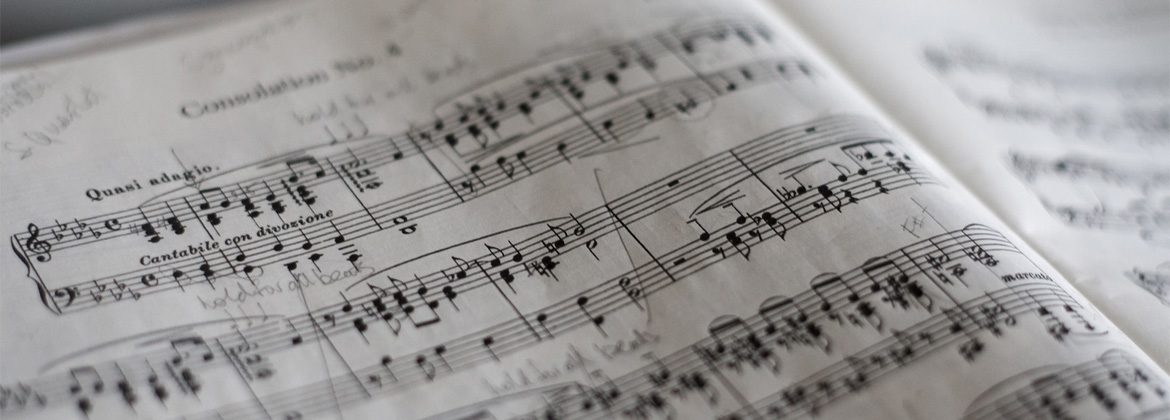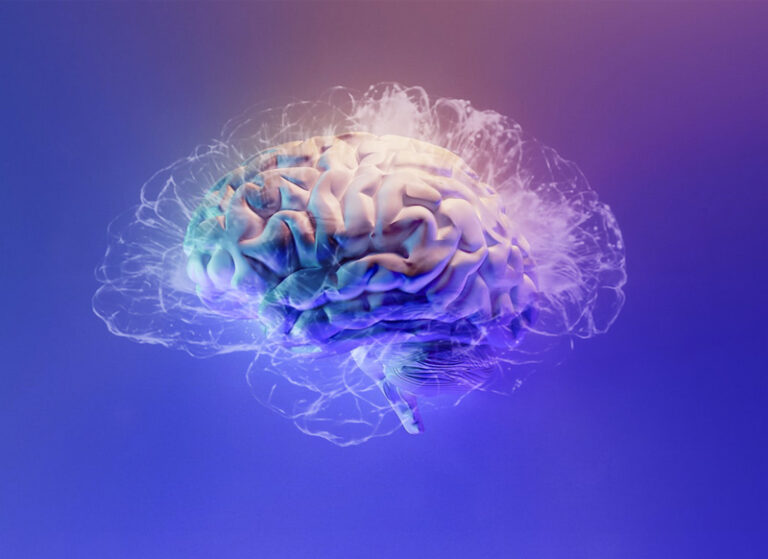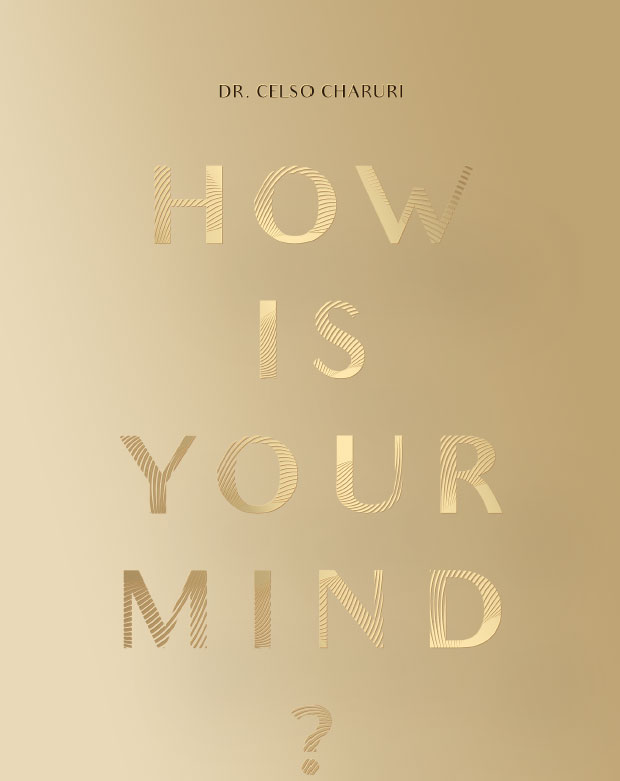Music, philosophy and science
Music, philosophy and science

How many internal questions can a human being have? Throughout history, fundamental questions related to its own existence have led humanity to the most diverse forms of artistic creations. This is because the arts create possibilities for the comprehension of facts and ideas, through the interpretation and reframing of the world we live in. The artist expresses what is inside their heart and manifest the feeling of what they recognize of integration with the universe.
How did music begin? We may wonder that our ancestors were fascinated by rhythms and sounds of nature and, thus, seeking to imitate those sounds, music was born, as a harmonic ensemble which revealed itself through the integration of man with nature. Music, like other artistic manifestations, is capable of awakening feelings and reviving memories, in a universe of meanings that each being perceives in a different way.
In recent decades, the effects that music causes on human beings, on animals and even on plants have been the object of scientific studies. Neuroscience has brought many contributions to various sectors and the advent of neuroimaging techniques has enabled the observation of the human brain’s functioning, showing that musical processing involves various brain areas related to the perception of pitches, timbres, rhythms, melody, harmony etc.

Everything we hear transmits a frequency and the vibration of music can bring both harmonic and disharmonious effects. These physical and mental effects differ in each person and music, by provoking emotions, acts as an archetypical force. To Carl Gustav Jung: “Music expresses the movement of the emotional feelings or values which accompany the unconscious processes”. The same sound or song generates different feelings, as the archetypes are universal, but our experience is individual. Therefore, music can also be an element for self-knowledge, taking into account the conscious and unconscious aspects which may come to the surface.
The most beautiful melodies pour out nectar from the heart of the artist through the sensitivity manifested. But, where is the musical beauty? Is it inside those who hear it? Those who feel the harmony of the composition?

Many reflections can be made about the creation and the influence of musical art in the life of human groups and of each individual. According to Plato (428-348 BCE): “Of all the arts, music is, undoubtedly, the one whose effects are the most profound and insidious”.
The grand musical universe encompasses history from the dawn of civilizations, by the intimate expression of conceptions, values, feelings, emotions and knowledge which accompany humanity’s evolution.
Life, as a “divine symphony”, by vibrating at the tone of love, respecting silence and sound, enables harmony within each of us.
REFERENCES
JUNG, Carl Gustav. Letters. Volume 2. Editora Vozes, 2002.
MUSZKAT, Mauro. Música e Neurodesenvolvimento. Revista USP, 2019.
SCHLAUG, G M, et al. Training-induced neuroplasticity in young children. Annals of the New York Academy of Sciences, 2009.









